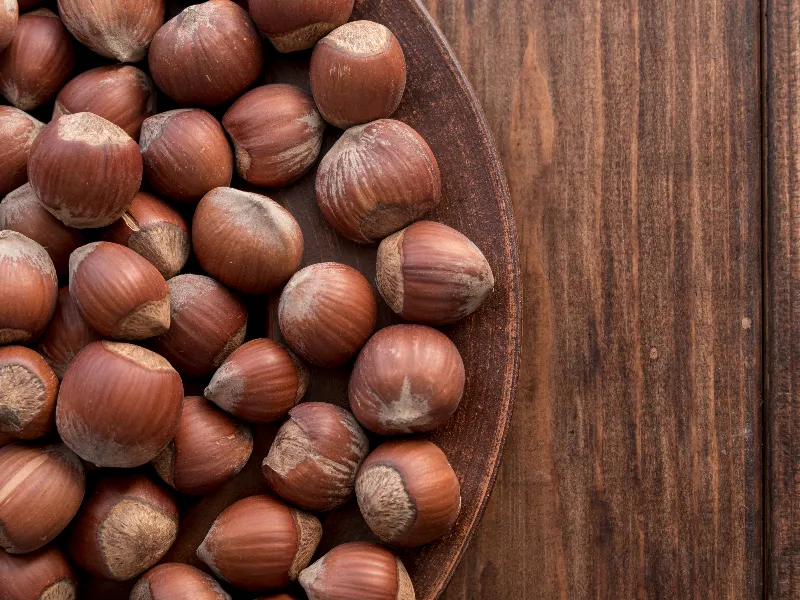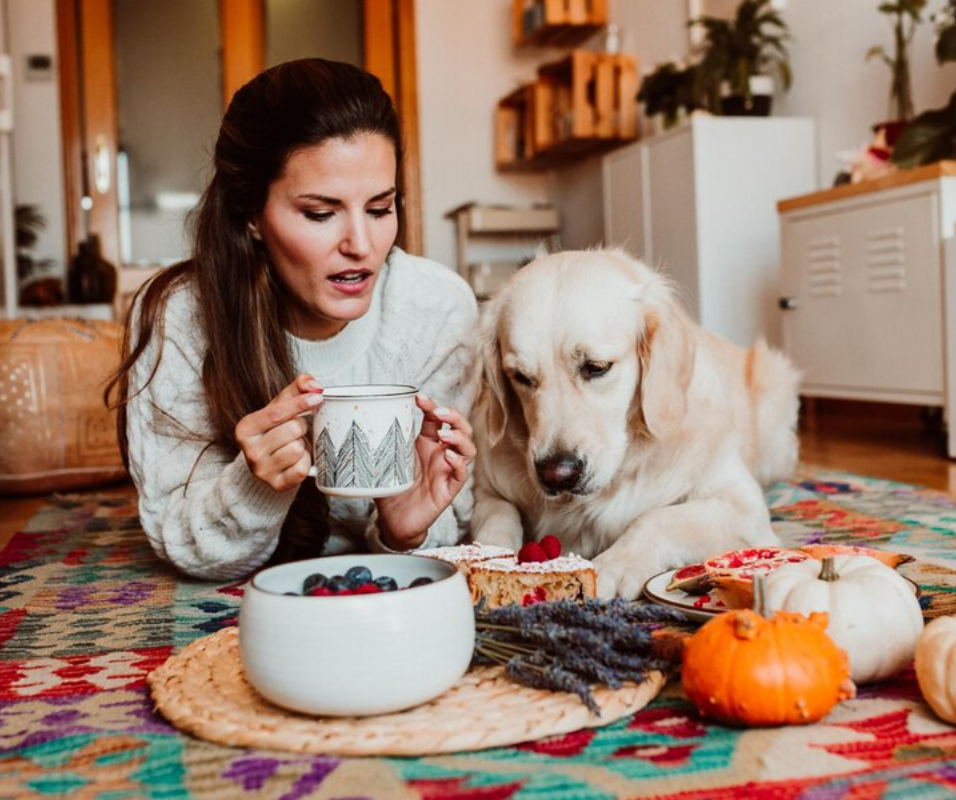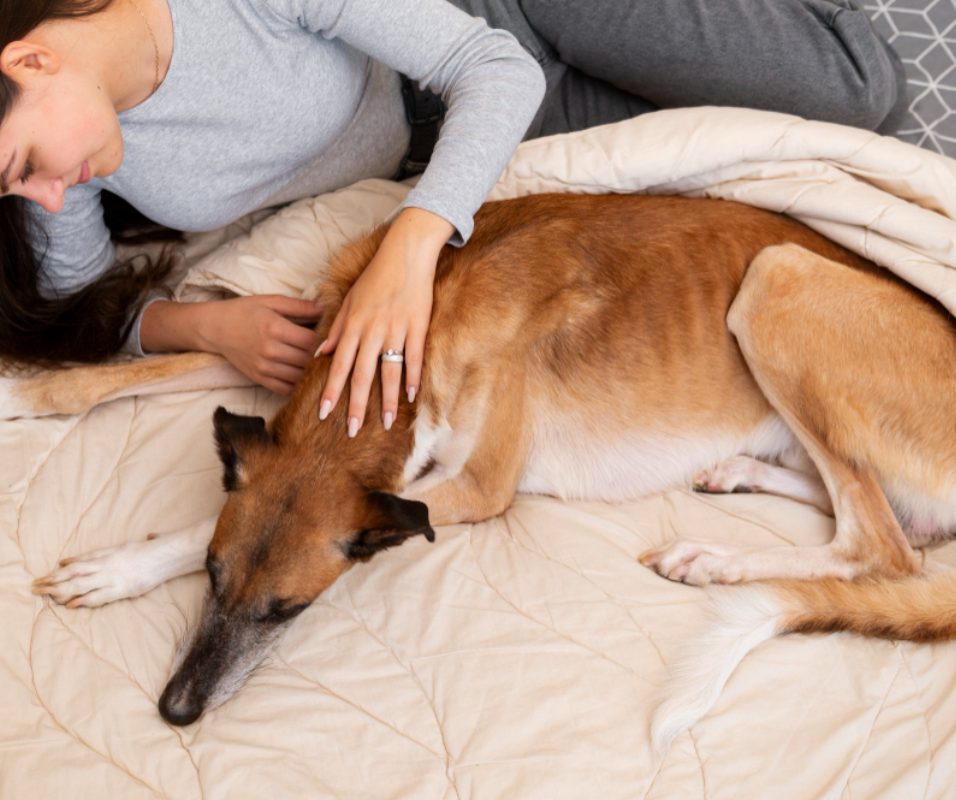Wait a minute! When we ask, can dogs eat chestnuts? We’re not talking about tossing them a handful of roasted ones—let’s uncover the facts together!
As an owner, you must be observant about the foods that you offer to your dog. While some chestnuts are harmless, others can pose great health risks. Understanding the difference can help avoid uncomfortable situations and ensure the wellness of your dog.
Can Dogs Eat Chestnuts?

Yes, dogs can eat some chestnuts in moderation, but not all types are safe. Edible chestnuts, like sweet chestnuts, are generally safe for dogs when properly prepared. However, horse chestnuts are toxic to dogs and can cause severe reactions. When offering chestnuts, it’s crucial to know the difference.
1. Whether or not dogs can take chestnuts.
2. Nutrition from chestnuts
3. Which kind of chestnut is safe to consume and which is not?
4. Any Risks and Precautions
5. How to feed chestnuts
6. What to do, if your dog has gone and eaten the wrong type.
Nutritional Benefits of Chestnuts for Dogs
Chestnuts are well supplied with vitamins and minerals including:
Vitamin C: Strengthens the immune system.
Fibre: Supports digestion and keeps the Pet healthy.
Potassium: Sustains muscle and nerve support
Chestnuts can provide those benefits in small quantities to your dog. Again, not part of their diet.
Types of Chestnuts
1. Sweet Chestnuts
These are the chestnuts commonly roasted and eaten by humans, and they are generally safe for dogs in moderation. Make sure they are cooked and unsalted.
2. Horse Chestnuts
These are highly toxic to dogs and can cause symptoms such as vomiting, diarrhoea, and even seizures. Horse chestnuts contain a toxin called aesculin, which can lead to poisoning.
Be sure to distinguish between these two types of chestnuts before offering them to your dog.
Risks and Precautions
Even with sweet chestnuts, there are potential risks.
1. Internal problems
The hard outer shells of chestnuts can splinter, creating a choking hazard for your dog. The shell fragments can damage their organs or become lodged in their gastrointestinal tract. Make sure to shell and thoroughly cook chestnuts before feeding them to a dog.
2. Pancreatitis
As a high-fat food, chestnuts can lead to pancreatic inflammation in dogs when consumed in excess.
3. Potential stomach issues
Feeding your canine an excess of high-fibre foods can lead to abdominal pain and an upset stomach.
4. Potential salt poisoning
When feeding roasted chestnuts to your dog, do not salt them: Sodium isn’t safe for dogs to consume in large amounts.
Always introduce chestnuts gradually to monitor how your dog reacts.
How to Safely Serve Chestnuts to Your Dog
If you decide to treat your dog with chestnuts, follow these guidelines:
- Cook the chestnuts: Always cook them cooked, as raw chestnuts are harder to digest.
- Remove the shell: The shell can cause choking or digestive problems.
- Serve in small pieces: Make sure the chestnuts are cut into bite-sized portions.
- Avoid salt and seasonings: Plain, unsalted chestnuts are best for dogs, as added salt and spices can be harmful.
What to Do If Your Dog Eats Horse Chestnuts?
If your dog ingests horse chestnuts, take immediate action:
1. Look for symptoms
These may include vomiting, diarrhoea, or seizures. If you notice any of these, it’s an emergency.
2. Call your vet
Explain the situation and follow their instructions.
3. Visit the clinic
Depending on the severity, your vet may ask you to bring your dog in for treatment, including inducing vomiting or administering activated charcoal to prevent further absorption of toxins.
Early intervention is key to ensuring your dog’s safety.
Conclusion
In summary, sweet chestnuts can be a safe, occasional treat for your dog when prepared correctly, but horse chestnuts should be avoided at all costs due to their toxicity. Always serve chestnuts plain, cooked, and in small amounts to prevent adverse reactions. You and your dog can safely enjoy this seasonal snack with the proper knowledge and precautions!
Did you know that can dogs eat butternut squash? Here’s the complete guide on how to prepare and serve butternut squash for your dog.








